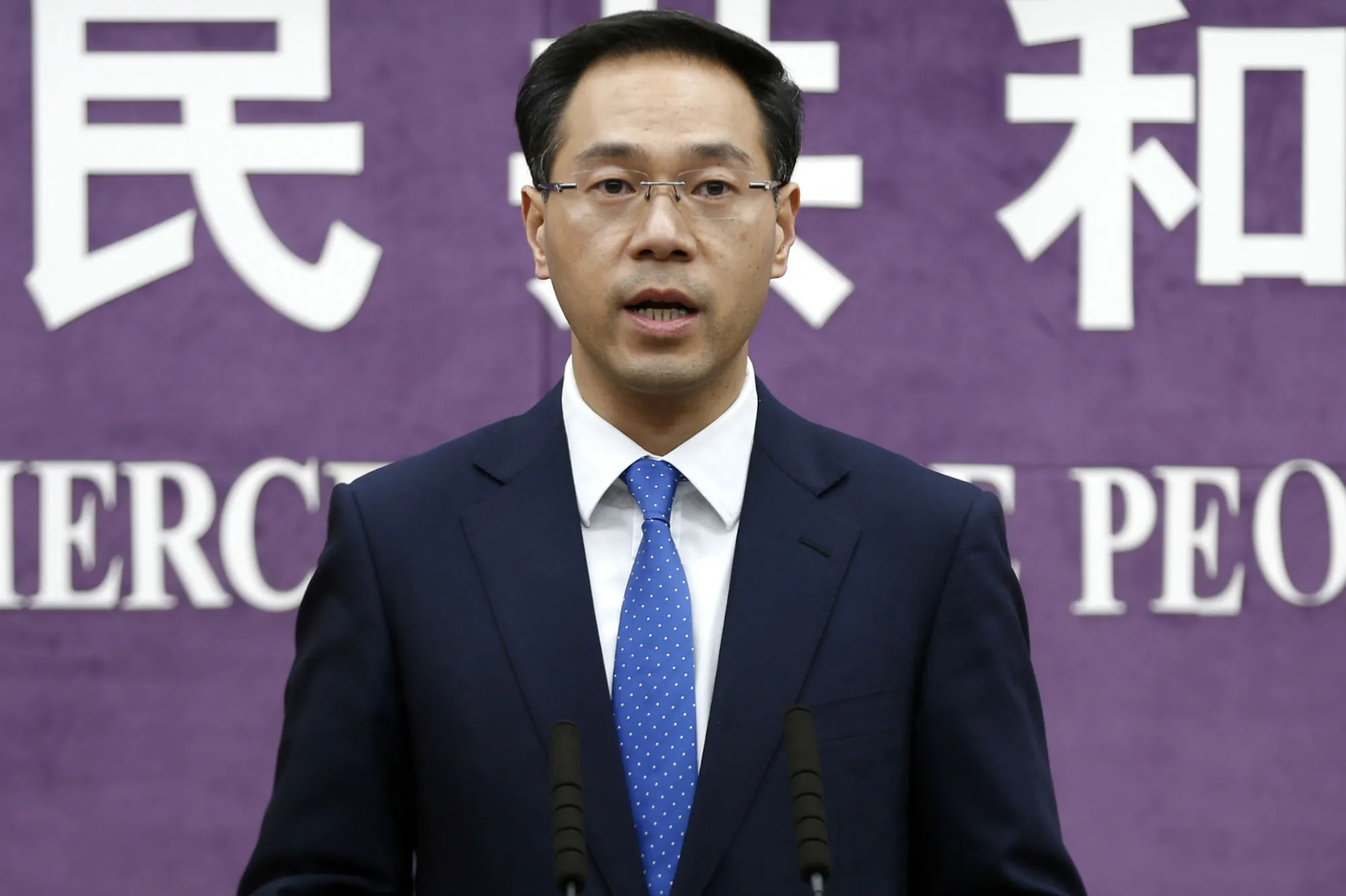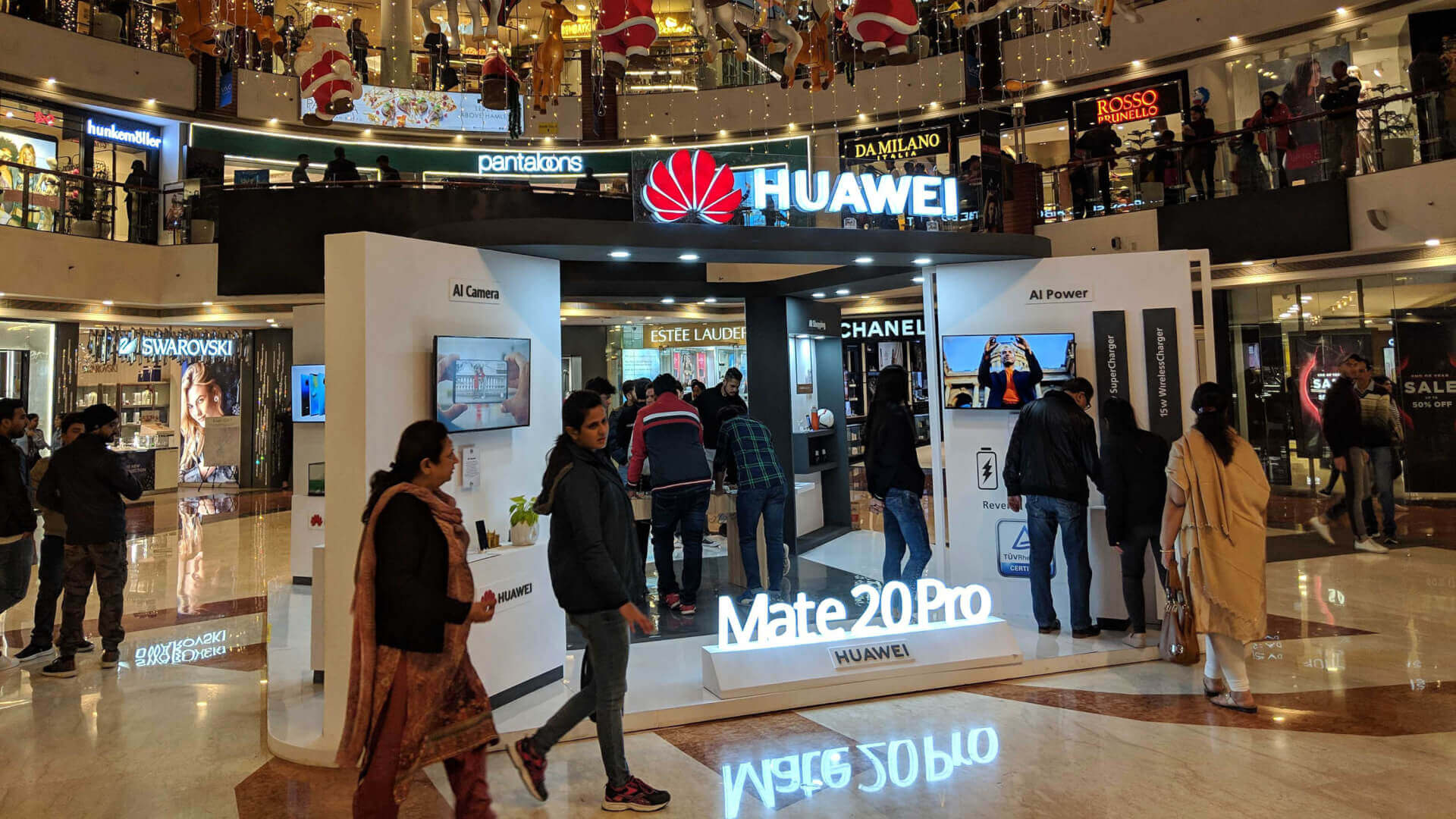On Wednesday, Chinese tech giant Huawei Technologies Co. confirmed that its offices in Gurugram and Bangalore were raided by income tax officials on Tuesday. The company has vowed to assist and cooperate with the authorities throughout the investigation.
According to Wednesday’s statement, apart from searching the premises of the office, the officials also spoke to several employees, and also reviewed financial documents, account books, and other company documents related to the company’s Indian and overseas transactions.
The company, for its part, insists that its operations in India are “firmly compliant with all laws and regulations.” Nevertheless, Huawei India added, “We will approach related government departments for more information and fully cooperate as per the rules and regulations and follow the right procedure.”
According to a Chinese government-backed media house Global Times, Chinese Ministry of Commerce spokesperson Gao Feng raised concern that the raids were indicative of India’s “investment climate.” Furthermore, he urged India to “ provide a fair, transport and non-discriminatory environment for Chinese enterprises,” highlighting Chinese companies’ role in India’s economic development.

The income tax raids are the latest apparatus used in India’s recent crackdown against Chinese tech companies. For instance, last month, Chinese company Xiaomi was made to pay an additional $87.8 million in unpaid import taxes. The smartphone maker claimed that the confusion was the result of “different opinions on the price determination of imported goods.” The Income Tax department has also conducted raids against several other Chinese companies in the past year, including Oppo and Xiaomi.
Furthermore, just a few days ago, India banned 54 Chinese origin apps, including Free Fire, Tencent Xriver, Nice Video Baidu, and Viva Video Editor, citing national security concerns. The Indian side alleged that the applications were collecting “sensitive user data” that was being misused and transmitted to servers “located in a hostile country.” Following last week’s announcement, India has now banned a total of 321 China-linked apps over security concerns, with 59 apps banned on June 29, 47 on August 10, 118 on September 1, and another 49 on November 19 in 2020.
These national security concerns have also resulted in Huawei being restricted from participating in India’s 5G services trials as the country accelerates its rollout of the more advanced network.
Keeping in mind the seemingly increasing frequency of these punitive measures, Chinese state-owned media house Global Times reported in December 2021 that two Chinese chambers of commerce based in India have requested the Indian government to create an “open, fair, and non-discriminatory business environment” for Chinese businesses operating in India. In fact, they highlighted that Chinese mobile phone companies in particular have been facing unusual difficulties.
The Chinese Chamber of Commerce in India and the India China Mobile Phone Enterprise Association have argued that this treatment is unwarranted, given that the 200 Chinese manufacturers and 500 trading companies in India, with a total investment portfolio of more than $3 billion, have created more than 500,000 local jobs. As a result, Chinese analysts have said that confidence in the Indian market has been “shaken” due to its ‘unpredictability.’
The latest decision comes amidst the two countries’ long-running and unresolved border dispute. Earlier this month, India announced its decision to diplomatically boycott the Beijing Winter Olympics over China’s decision to include a People’s Liberation Army soldier in the torch relay at the opening ceremony. The regimental commander was involved in a violent brawl between Indian and Chinese soldiers in June 2020 in the Galwan Valley, during which 20 Indian soldiers were killed.

